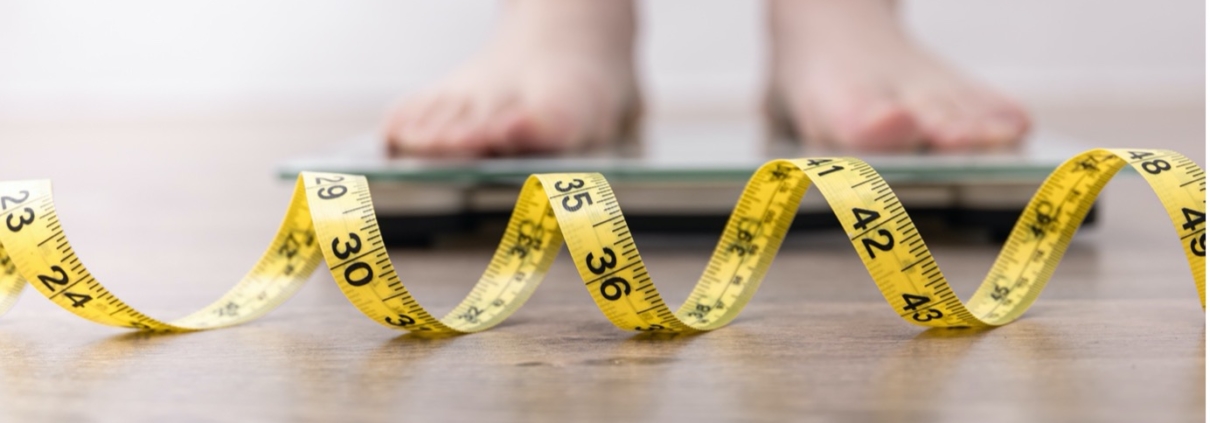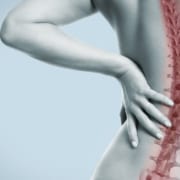We need to talk about obesity and the case of the bad back
The Connection Between Obesity and Back Pain
Here at the Robin Kiashek Clinics, we take a holistic view when it comes to assessing patients’ problems.
Yes, you might have come to the clinic to see , with over 25 years clinical experience, about your sore knee, headache or painful arthritis. But to give these persistent problems the boot once and for all, it’s important to identify the underlying, causative factors.
“Which is why I take a holistic approach when it comes to a diagnosis,” Robin says.
“It helps to identify some of the causative factors, which can often be multifactorial. This in turn enables my patients to work towards improving their overall health. As well as reducing the chances of the symptoms returning in future.”
Back to backs
One health issue, which presents in osteopathic clinics, is lower back pain. We’ve spoken before about how persistent and often debilitating this problem can be.
And although back pain can be caused by a range of issues including stress (physical and/or emotional), a workplace accident, a sporting injury or sometimes being referred pain from another area of the body – it can also be exacerbated, if not caused, by obesity.
Defining obesity
The most widely used method to check if you’re obese, is by measuring your body mass index (BMI).
The NHS defines someone as obese if they have a BMI of 30 to 39.9. And if your BMI is above 40, the NHS classes this as being severely obese.
Tipping the scales on bad backs
Obesity is nothing new, the World Health Organisation (WHO), believes obesity levels have nearly tripled since 1975. In England, according to a 2021 government report, it’s believed 28% of adults are now obese.
And along with obesity causing potential life-threatening conditions like type 2 diabetes, and coronary heart disease, studies state that it can also cause back problems.
The links between obesity and back pain
Robin says: “Much has been said about the undue stress that obesity places on the spine, back and pelvis. And from a statistical point of view, I think the facts speak for themselves.”
A 2010 review, published in the American Journal of Epidemiology, assessed data from 95 different studies and came to the conclusion that the risk of lower back pain was related to an increase in BMI.
While a 2017 study came to a similar conclusion.
Those difficult conversations
Unfortunately, weight has become a rather taboo subject in society. And this can make Robin’s job a little more tricky. He says: “As we’ve established, there is often a link between back issues and obesity.
“And, in order to treat mechanical issues, I need to identify any lifestyle and environmental factors that could be adversely affecting my patient’s health. This not only helps me to treat the problem but also assists me in working with them to prevent reoccurrence.”
Of course, sometimes these conversations can be difficult, and they may bring up a range of emotional issues. It is at these times that Robin is able to draw on his expertise in allied therapies such as Life Coaching and NLP and Autogenic Training to help patients optimise their physical and mental wellbeing.
How osteopathy can help with back pain
If you are suffering with back pain, please do have your problem area checked out to determine the underlying cause and any contributing factors.
“Osteopathic treatment can help with some of the structural issues causing lower back pain, whilst perhaps guiding the patient to make more long-term changes in lifestyle factors,” Robin says. “It can do this through the use of soft tissue stretching, joint manipulation and the likes of resisted isometric muscle energy stretching.
“Patients want to know firstly what has caused their pain and whether they will get better. My task as an osteopath is to understand both the short-term and in some cases, long-term factors which have contributed to the patient’s condition,” Robin says.
If you’re looking to take a holistic approach with your health worries, get in touch with Robin.








Trackbacks & Pingbacks
[…] we explored in a previous blog – tackling a patient’s weight is not an easy topic for any Practitioner. But experienced […]
Leave a Reply
Want to join the discussion?Feel free to contribute!